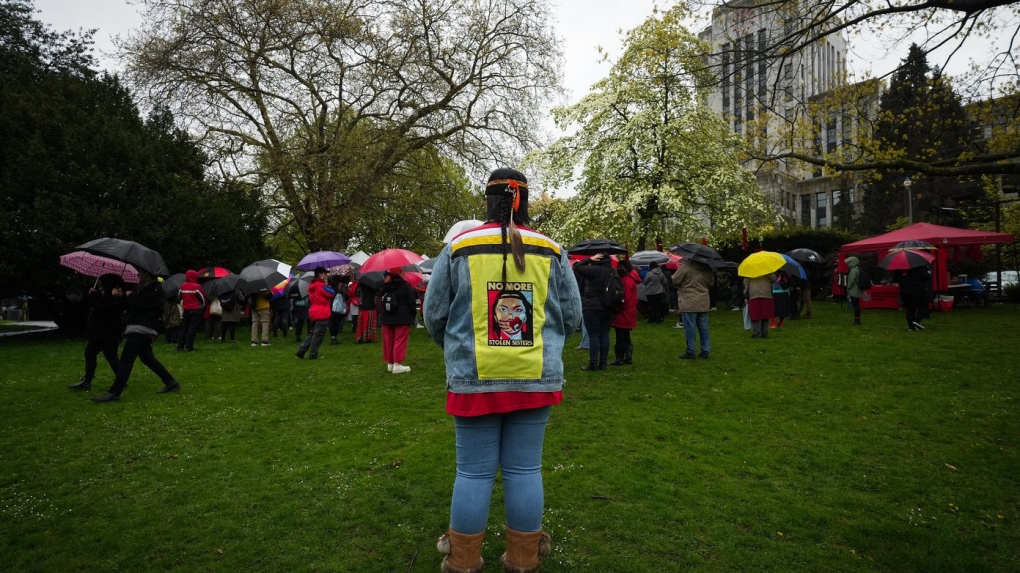
Racism partly to blame for unequal health care provided to Indigenous women: PHAC study
CTV
Racism and the lack of primary care providers mean off-reserve First Nations, Metis and Inuit women and girls have poorer health overall compared to their non-Indigenous counterparts, says a study by the Public Health Agency of Canada.
Racism and the lack of primary care providers mean off-reserve First Nations, Metis and Inuit women and girls have poorer health overall compared to their non-Indigenous counterparts, says a study by the Public Health Agency of Canada.
Compared with non-Indigenous females, those in the three distinct groups reported a higher prevalence of diagnosed chronic diseases and worse mental health, including mood or anxiety disorders, says the study, which noted Canada's colonial history of residential schools, forced or coerced sterilization and destruction of traditional lands.
Researchers used data for all females aged 15 to 55 from the annual Canadian Community Health Survey between 2015 and 2020. That amounted to 6,000 people from the three distinct groups and 74,760 non-Indigenous females, all in their reproductive years.
"Indigenous females waited longer for primary care, more used hospital services for non-urgent care and fewer had consultations with dental professionals," says the study, published Monday in the Canadian Medical Association Journal.
Lead researcher Sebastian Srugo said that while thousands of women across Canada lack a family doctor, "those conversations are happening much, much more among Indigenous women."
"Even when we compare Indigenous women and people assigned female at birth to non-Indigenous counterparts of a similar age, similar education, income and living in the same places, we still have those gaps," Srugo said.
Women who were pregnant or had just given birth were worse off, and that could affect their children years later, he said.

 Run 3 Space | Play Space Running Game
Run 3 Space | Play Space Running Game Traffic Jam 3D | Online Racing Game
Traffic Jam 3D | Online Racing Game Duck Hunt | Play Old Classic Game
Duck Hunt | Play Old Classic Game